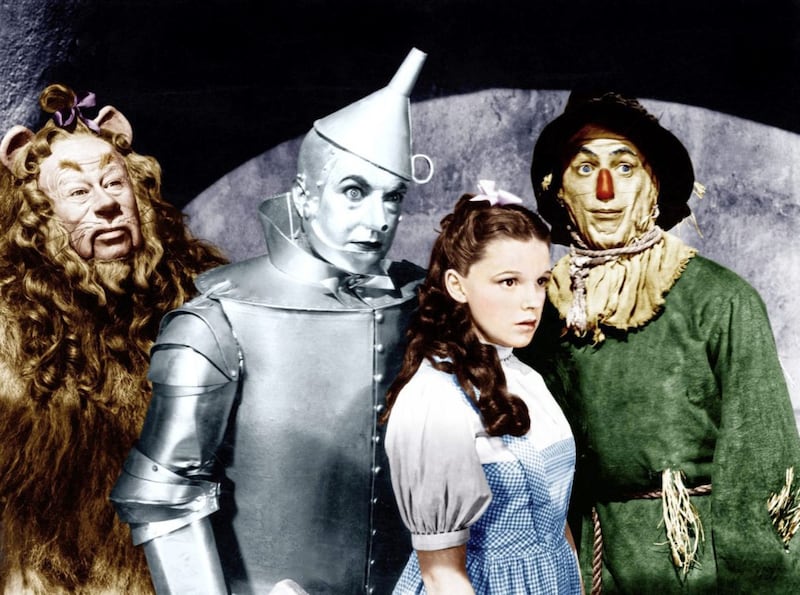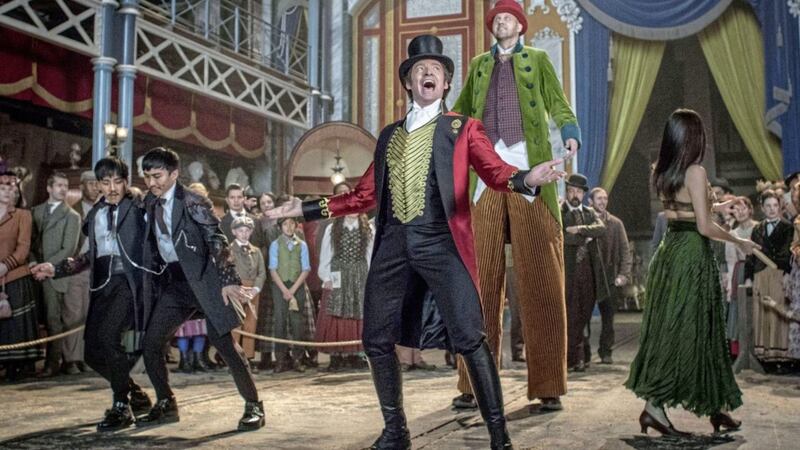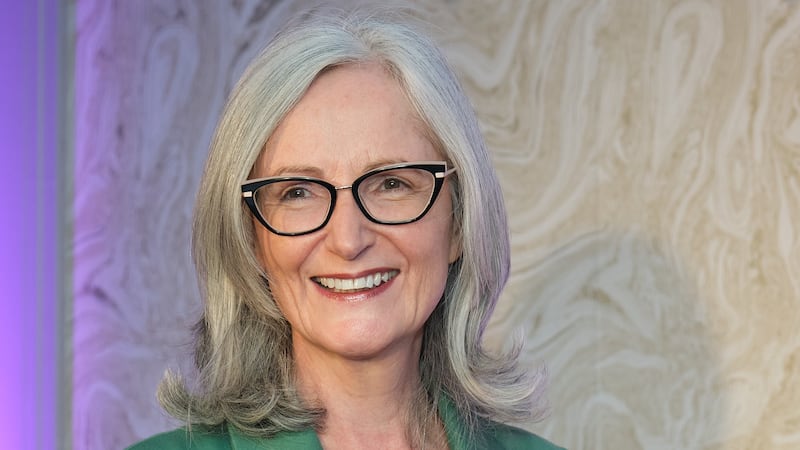LAST week, I went to the cinema for the first time in far too long. Being sat in front of a big screen again, clutching an obligatory bag of pic-n-mix, was a thrill in itself. But what made it even better?
The picture was a musical - In The Heights, the new movie version of Broadway's Usnavi, by Hamilton creator Lin-Manuel Miranda - and it was marvellous.
Not everybody's a fan of course, but like lots of people, I love musicals. Singing, dancing, an ultimately uplifting hero's journey; what's not to love?
The feelgood factor
Very little, agrees social psychology professor Dr Elle Boag, from Birmingham City University: "Unless, perhaps, you're a parent being made to listen to Frozen songs blasting in the background for the billionth time."
But on a base level, musicals make us feel good. "And who doesn't want to feel good?" says Boag.

"From a psychological perspective, anything that makes you feel good, unless it's illegal, usually does you good.
"We are a species that has a lot of barriers to feeling good," she adds.
"We have a lot of responsibilities, sometimes we feel the world is unfair, things will happen to us that make us sad. So, anything that can lift that, and alleviate that sense of despair, is a good thing.
"Musicals lift your spirits, it's escapism. I might end up back in ancient Egypt if I'm watching Joseph and the Amazing Technicolour Dreamcoat. I could be anywhere."
Bringing emotions to life
For a chunk of my childhood, we didn't have TV - but we had a VCR and a stack of musical videos my sister and I watched on repeat.
Songs were learned by heart and scenes would be re-enacted when friends came over. Nostalgia is a "powerful thing", agrees Boag, and might play a big part in why some of us love musicals so much, along with that sense of escapism.
Then there's the joy factor, and the innate goodness of being entertained. But there's more to it than that.
The format may be fun and whimsical, but their stories still deal with the harsh and hard realities of the human experience. There's heartache, tragedy, grief and striving. Cruelty, poverty, injustice.

It would be easy to think giving these things the musical treatment might somehow water them down - but that would be missing the magic.
There's something in expressing emotion through song and dance that's uniquely powerful. A catchy chorus or stomping, swinging dance number enables us to bring a feeling to life in a way that just connects.
"From an early age, music triggers emotional responses. Certain lyrics and songs become firmly embedded in the nostalgia-steeped soundtrack of our lives: a ballad that perfectly encapsulates the devastation of a break-up, a barn-storming anthem that incites an exultant rush of blood and fondly recalls a personal triumph," says PA Media film critic, Damon Smith.
"Musicals condense that full spectrum of the human experience - the pleasure and the pain - into perfectly crafted three-minute outbursts through the alchemy of composers and lyricists.
"Would Mary Poppins have been quite so Supercalifragilisticexpialidocious without the genius of the Sherman Brothers? Would Frozen have melted billions of hearts if husband and wife songwriters Kristen Anderson-Lopez and Robert Lopez hadn't empowered fugitive Queen Elsa to Let It Go?"
Another level
The multi-sensory element plays a part too. Sound vibrations alone are known to stimulate mood-altering processes in our brains.
But of course, songs are designed to evoke specific feelings, and most of us find that to be powerfully rousing - which is partly why music is so popular, as University of Tulsa anthropology professor Peter Stromberg, author of Caught In Play: How Entertainment Works On You (2009, Stanford University press), points out.

"[Musicals] are a hybrid form, combining formulaic popular literature genres such as romantic comedy with pop music," says Stromberg.
"If the romantic comedy and the song are emotionally powerful on their own, an author can put them together and create something that is mesmerising. It's the same phenomenon, basically, as lyrics plus music in a popular song.
"For most people, a funny song is much funnier than the same lines being read, a sad song much sadder than the lyrics would be alone, etc. In fact, if you think about it, the lyrics of most popular songs are pretty banal. But when put to music, they are very compelling."
This is because music itself can provoke strong emotional responses.
"In the Western tradition, the minor third in a scale sounds inherently sad to us, a second in the scale resolving to the major third creates suspense, and so on... Musicals exploit this principle on a larger scale, it's like extending a song to an entire narrative," says Stromberg.

A deeper connection
This, says Boag, is something that's universally human. It's why dance and music can connect us when words alone can't, or language barriers get in the way.
It speaks to us on a deeper level - and this ability to connect and express emotionally through movement and music is something we develop as children, long before we learn to intellectualise or articulate these things.
"Think of how we communicate with our children when they're non-verbal, in a sing-songy voice. And how we learn our ABCs: we sing them," says Boag.
So, there you go; it makes sense that kids will sing songs from their favourite musicals to within an inch of their life and watch those movies on repeat. I, like many, haven't grown out of it.
And neither has Smith: "Thanks to musicals, generations have danced all night with Eliza Doolittle in My Fair Lady, travelled somewhere over the rainbow with Dorothy Gale in The Wizard Of Oz, picked a pocket or two with Fagin in Oliver! and dreamed a dream with Fantine in Les Misérables. At their very best, musicals truly are - to quote Hugh Jackman's ringmaster - the greatest show."








